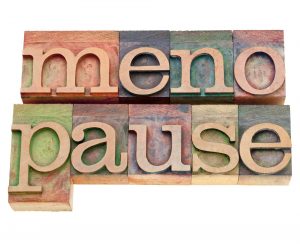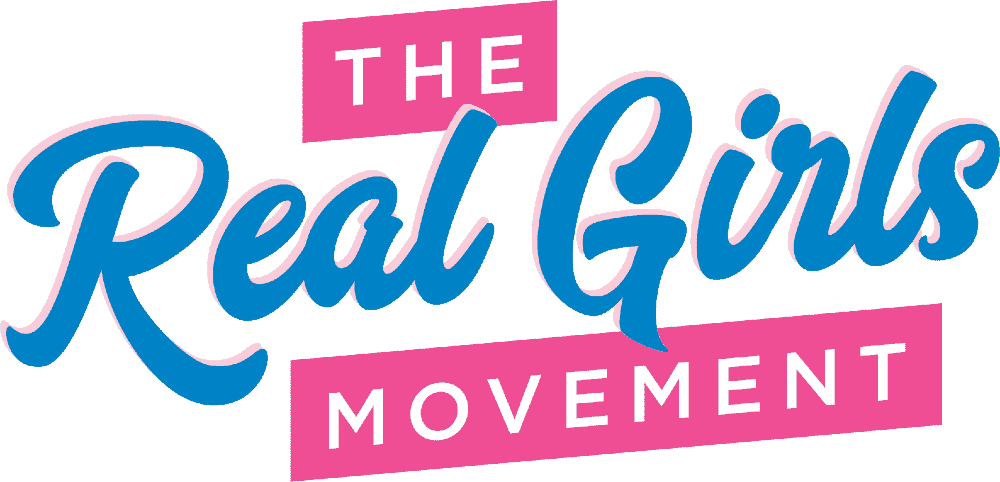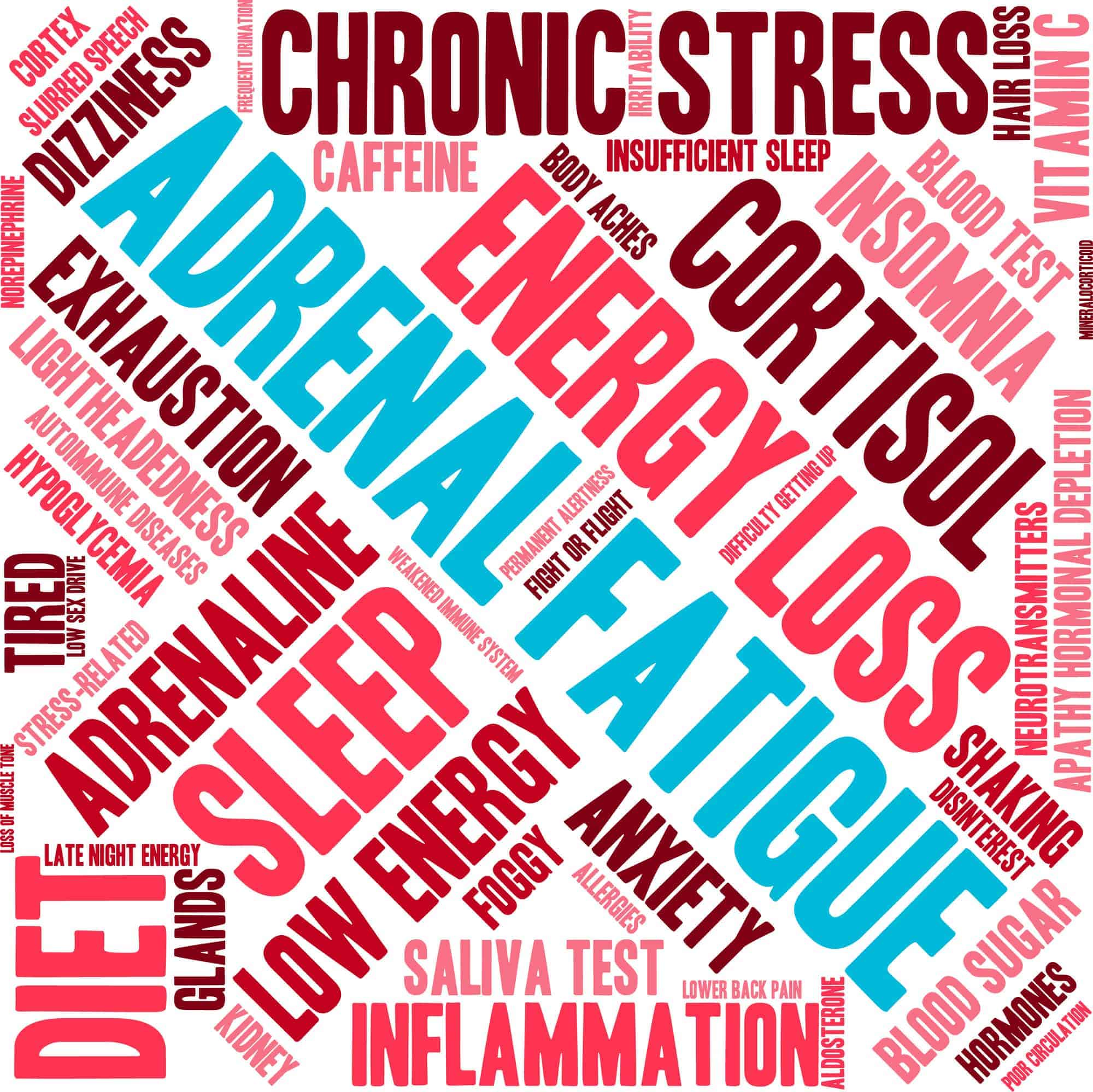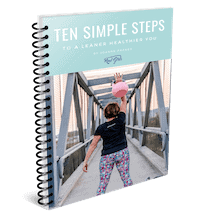– and what to do about it
Hormones are like chemical messengers, and govern nearly every cellular action in our body.
While very important, our sex hormones like estrogen, progesterone and testosterone, are actually not essential for our survival.
They’re responsible for sexual functioning and fertility, as well as in more of a “beauty” capacity – keeping our skin, hair & nails vital and youthful looking.
On the other hand, stress hormones (like cortisol & epinephrine, also known as adrenaline) are critical to our survival because they synthesize proteins, maintain cellular electrolyte balance, regulate heartbeat and blood pressure, and transport glucose into our cells – essentially feeding our brain.
These hormones are so crucial, that in times of chronic stress, cortisol (the “hormone of stress”) will be made at the expense of sex hormones. No wonder we can start feeling whacked out at ‘certain stages’ of life! Hello peri-menopause and menopause!
So what happens when hormones stop playing well together?
We can often experience a ripple effect, even when there’s a slight hiccup in hormone function.
Also, due to the fact that the interconnected nature of your endocrine system, one hormonal imbalance can lead to an additional one, causing multiple symptoms and overlapping health issues.
The 10 most common signs that you probably have a hormonal imbalance
- Poor sleep – not being able to fall asleep or stay asleep
- Fatigue that’s not alleviated by sleep
- Night sweats and hot flashes
- Resistant excess weight and body fat, especially around the belly
- Low libido or sexual dysfunction
- Acne or other skin issues
- PMS symptoms
- Foggy thinking (brain fog!) and difficulty concentrating
- Mental health issues – depression and anxiety in particular
- Mood changes like irritability and anger
Do any of these signs sound familiar to you? Are you over 40? Have they started to become increasingly worse over the past few years? The good news is there is a lot you can do naturally to ease these symptoms.
The main causes of hormonal imbalances
While there are many causes, here are the most common ones that have been identified:
- Age and stage of life
- Chronic stress
- Medications (e.g. the Pill)
- Toxins and endocrine disruptors like xenoestrogens
- Poor nutrition and lack of adequate key nutrients
- Blood sugar regulation problems

- Disrupted circadian rhythm
- Chronic inflammation (e.g. leaky gut & digestive system inflammation)
If you tick one or more of these boxes, the impact on your hormones is compounded. As we age and approach menopause (from our 40’s onwards), it is super-critical to keep our stress in check, improve the quality of our nutrition and ensure we get enough sleep – while managing the other environmental factors listed here.
Simple ways to support and re-balance your hormones naturally
Eat whole foods:
Processed, packaged foods offering little to no nutritive value will also offer little to no fuel for your hormones.
Be sure to eat fresh over packaged foods, including plenty of vegetables, fruits, and quality sources of free range and grass fed meats and eggs. Also, if tolerated – nuts, seeds, and legumes in moderation.
Grains and dairy may cause or exacerbate hormonal problems for some people.
Eat more good fats:
Good fats are essential for hormonal health because sex hormones need fat as a building block – and your body can only use the ones you give it.
Opt for sources of good fats from whole foods, such as avocados, raw nuts & seeds, coconut oil, extra virgin olive oil, real butter or ghee (grass fed preferable), wild-caught salmon, and free range eggs – yes, you can eat the yolks!
Check out my post on Omega-3 fats and how to incorporate more into your daily diet.
Exercise daily:
Working out on a regular basis, engaging in resistance (or strength) training, and incorporating a specific workout called HIIT (high intensity interval training) has been proven to be especially beneficial for keeping our bodies AND our hormones fit (stay tuned for my article on the benefits of HIIT – in the mean time here is an article I wrote on strength training).
Better sleep:
Getting deeper, more restorative sleep can be the key to supporting your hormones, above all other measures (but that doesn’t mean you should ignore the other ones!). You might like to check out this post on sleep I wrote a little while ago
Stress management & self-care:
the truth is – stress can be devastating for hormonal health. If you’d like to learn more about the impact stress can have on your health, you here is an article I wrote on stress management.
Conclusion
We need to equip ourselves to manage the stress and “business” of everyday life through the actions that bring back balance and wellbeing to our bodies AND our minds – like good nutrition, exercise and sleep!
Learn better coping mechanisms (like breathing techniques), practice mindfulness and be sure to engage in daily self-care. Here is an article I wrote with 9 ways to break free from stress – that doesn’t involve meditation.
References
https://draxe.com/benefits-high-intensity-interval-training/
https://www.womenshealthnetwork.com/hormonalimbalance/what-is-hormonal-imbalance.aspx





